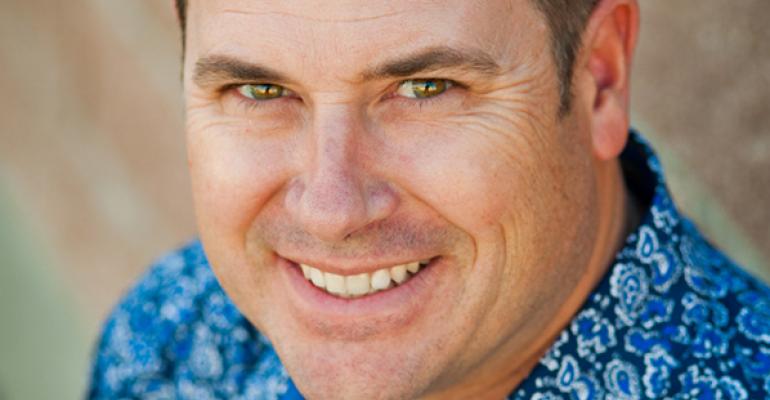Torn dresses, inebriated guests, food allergies, dance floor mishaps—there are countless things that can go wrong during an event. While the notion of an event crisis can seem terrifying, that’s mainly due to the fear of the unknown.
“That will never happen to me.”
“I wouldn’t even know where to begin fixing that.”
“Everything will go perfectly from start to finish!”
Have you caught yourself saying some of these things? Guilty as charged. It’s easy to feel confident in your work and assume that means that you’re free from any risk.
The hard fact is that crises happen to everyone—it’s a matter of when, not if. Fortunately, once you’re armed with that knowledge, you can plan ahead to ensure that you’re as prepared as possible for any challenge that may come your way. Facing a crisis doesn’t mean you’re any less skilled or talented, but how you manage it speaks volumes to your professionalism.
At the end of the day, all events have one thing in common: they are unpredictable. It’s not always a bad thing, like a spur-of-the-moment toast that brings tears to everyone’s eyes. Other times, it can spell trouble—think power outages or a missing caterer. Either way, having a proactive plan in place helps to assuage the nerves that can come with “what ifs.”
Here are some of my tried-and-true strategies for handling an event crisis.
1. Lose the emotion.
We get it—something didn’t go as planned and you’re freaking out. The one thing that will not help in a crisis is panic. If you must, give yourself a few moments to feel the emotions, then turn them off and get to work. Our feelings have a way of crowding our logical thoughts, so you’ll be better equipped to find a quick solution if you’re not filled with stress and anxiety. Gain some rational perspective on the situation before diving into something headfirst.
Remember, if your client notices that you’re showing emotion or panic during a crisis at their event, that can elevate a minor problem into a much bigger one. How you handle the situation can then affect your client’s overall happiness with the event.
2. Address it.
This may seem obvious, but in the face of a crisis, it may seem easier to simply ignore it--deleting the bad review or pretending that a thunderstorm isn’t happening. However, ignoring a damaging situation doesn’t prevent future problems. If anything, it opens the door to them. Once you’re able to set your emotions aside, it’s time to dig your heels in and address the situation one way or another.
3. Forget who’s responsible.
When it seems like the blame can fall on us, we sometimes want to put it elsewhere: “Well, that wasn’t my responsibility.” Shifting the blame is not only selfish, but it’s also a dangerous waste of time. Instead, dedicate your mental capital to fixing the problem. It doesn’t matter who’s at fault, because having a scapegoat does not justify the crisis. In some cases, many people played a part. Other times, it’s due to an act of nature. Rather than single out any person as responsible for a crisis, hold the team accountable in figuring out how to avoid it from happening again.
4. Learn and move on.
A crisis is basically a challenge that can bring a learning opportunity with it. If you endured a crisis, whether it happened at an event or after the fact, don’t let it go to waste.
Take that negative experience and be honest with yourself and your team. What went wrong? How can this be avoided? Were there communication obstacles? Set a team meeting to run through all these questions and work together to update your crisis plan accordingly.
Once you are confident that you have a strong solution, thank your team for their efforts and allow yourself to move onto the next event. It’s natural to want to dwell and nitpick every detail of what went wrong, but that habit is damaging to morale and takes up valuable brainpower that can be spent improving plans for other events.
More than anything, rest assured that you’re not alone. Don’t be too hard on yourself, and chalk it up to a learning experience that will make you a better professional in the long run. Chances are that any of your industry peers can share a few crisis moments off the top of their heads—just ask them. (If they haven’t, their time is coming.) Uncertainty is the name of the game, but it’s your mind-set that determines whether that’s good or bad.
Kevin Dennis is the editor of WeddingIQ and the owner of Fantasy Sound Event Services, a full-service event company based in Livermore, Calif. He is the past president for Silicon Valley NACE and current international president for WIPA.





